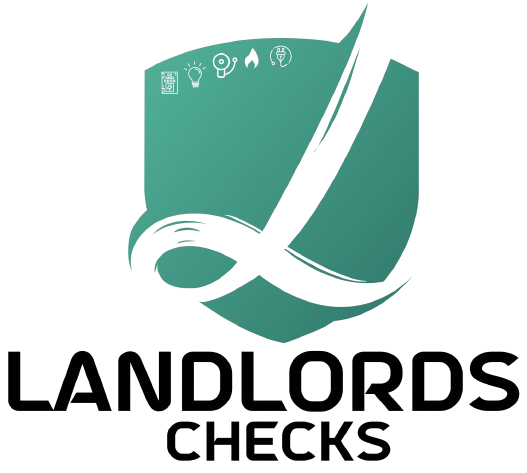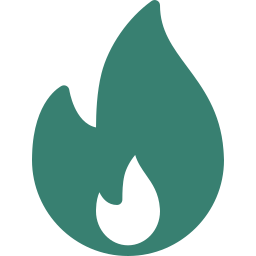A Fire Risk Assessment (FRA) is a systematic evaluation of a building or premises to identify potential fire hazards, assess the effectiveness of current fire safety measures, and provide recommendations for improvements. It is essential for ensuring the safety of occupants, preventing fire incidents, and complying with legal requirements.
Key Components of a Fire Risk Assessment:
Hazard Identification:
- Evaluates the presence of combustible materials, electrical risks, and potential ignition sources.
- Assesses factors like storage of flammable materials, use of heating equipment, and structural fire risks.
Fire Safety Measures:
- Reviews existing fire detection and alarm systems, emergency lighting, and fire suppression equipment (e.g., extinguishers, sprinklers).
- Checks the availability, accessibility, and adequacy of emergency exits and escape routes.
Fire Prevention and Control:
- Assesses the effectiveness of fire safety management plans, including evacuation procedures and staff training.
- Evaluates the maintenance and testing of fire safety equipment.
Actionable Recommendations:
- Provides a detailed report outlining identified hazards, safety deficiencies, and prioritized recommendations for improvements.
- Helps implement practical steps to reduce fire risks and enhance overall safety.
Do You Need a Fire Risk Assessment?
Yes, you likely need a Fire Risk Assessment if you are:
A Business Owner or Employer:
- Legally required under the Regulatory Reform (Fire Safety) Order 2005 to ensure fire safety in workplaces and shared commercial buildings.
- Responsible for the safety of employees, customers, and visitors.
A Landlord:
- Required to conduct fire risk assessments for rental properties, including Houses in Multiple Occupation (HMOs), to protect tenants and comply with fire safety regulations.
A Property Manager or Responsible Person:
- Necessary for managing the safety of communal areas in residential buildings and ensuring compliance with fire safety legislation.
A Homeowner:
- While not legally required, a fire risk assessment can enhance safety, especially in homes with complex layouts, vulnerable occupants, or high-risk areas.
Benefits of a Fire Risk Assessment:
- Legal Compliance: Helps meet fire safety regulations and avoid fines or legal consequences.
- Enhanced Safety: Reduces the risk of fire incidents, protecting lives and property.
- Peace of Mind: Provides confidence that your property is well-prepared to handle fire emergencies.
- Actionable Insights: Offers practical steps to improve fire safety, tailored to your specific property needs.
In summary, a Fire Risk Assessment is a crucial step in safeguarding any property, ensuring compliance with legal standards, and protecting the well-being of occupants.


193 Reviews




